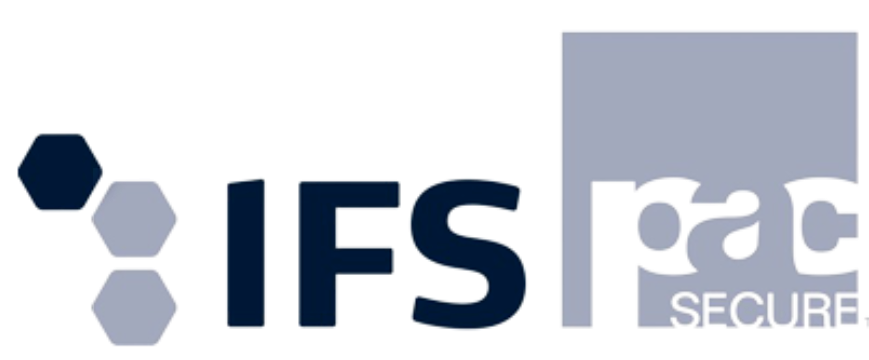What Food Safety Instruments Should Be Calibrated?
Equipment calibration is an integral part of almost every kind of food safety system. It is one part of the monitoring of equipment entrusted to control food processing performs with consistency and accuracy. Many critical control points and process controls are required to undergo on-going service. What food safety instruments should you have calibrated to ensure proper measurements and monitoring?
What Food Safety Instruments Should Be Calibrated?
Almost every process control used in the food and beverage industry must undergo regular, professional calibration. The most common of these are:
- Temperature devices that monitor thermal processes such as cooking and pasteurizing, hot holding, cooling and chilling, defrosting and thawing, freezing
- Infrared temperature devices for monitoring product and persons
- pH meters to monitor fermentation in dry-cured meats, low-acid, and acidified products
- Water Activity meters (Aw) that monitor ageing in dry-cured and fermented meats
- Weight scales that regulate limits of additives and other antimicrobial agents are respected
- Magnets and metal detectors that monitor the presence of metal shards and objects
Don't forgo calibration on devices if they are digital; though these devices are more stable than the analog systems used in the past, they have narrower tolerances. The performance of the circuitry of digital instruments can change over time, meaning a facility must include the regular calibration of process sensors, preamplifiers, and other transducers in their food safety plans.
Who Manages The Calibration Of Food Safety Instruments?
Food safety instrument calibrations are often performed by third parties, but it is the responsibility of the establishment to organize and book the service. It's crucial to make scheduling responsibilities part of the job description of a team member. This way, a professional calibration technician will be there when a piece of equipment needs servicing.
If a company makes calibration a critical part of its food safety plan, they won't overlook scheduling. In setting up a process, follow the written protocols established by the manufacturer, including their recommendations for calibration methods and frequencies. You can also have a third party perform an audit or gap assessment to see where your facility can improve its food safety plan.
Calibration And HACCP-Based Food Safety Systems
Almost all regulations and management standards that address food quality and safety include language that stresses the importance of calibration. One of these is HACCP, and many critical control points and process controls must undergo regular servicing. To abide by the certification standards, facilities must calibrate instruments that ensure quality, sanitation and legal compliance of its systems. If there are monitoring devices that keep workers safe and let them operate equipment, the facility must include these instruments in their calibration program.
The process of calibration is similar to other elements of a HACCP plan. Managers, team leaders, and anyone responsible for calibration must develop effective procedures, document their use, maintain records of activities and services, and review them. They can also audit the workers or third-party organizations who perform the work to make sure that they are following the proper procedures.
Calibration is a precise service, and while a food establishment's team can perform it, regularly-scheduled, professional work is necessary as an objective verification of internal practices. Calibration technicians, like those at Quantum Food Solutions, consider the science behind food safety. To keep up with the latest changes, we integrate advances in scientific, engineering, and computational methods to solve existing and emerging challenges to the food industry.
Frequently Asked Questions About Food Equipment Calibration
Food processing equipment is an essential part of any food production facility. It can range from simple machines like a potato peeler to more complex machinery such as a slicer, grinder, or mixer. Food processors are responsible for converting raw materials into final products that are ready for shipment and consumption. The importance of regular calibration can't be understated.
Calibration is a process that can be used to make sure your cooking equipment is accurate. Calibrating your oven, grill, or smoker means making sure the temperature reading on the thermometer matches what you are actually seeing in the cooking chamber. This ensures that when you cook something at a particular temperature it will really get there and not overcook or undercook because of an inaccurate gauge.



